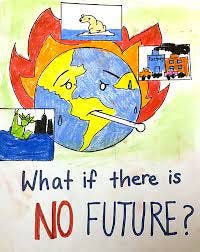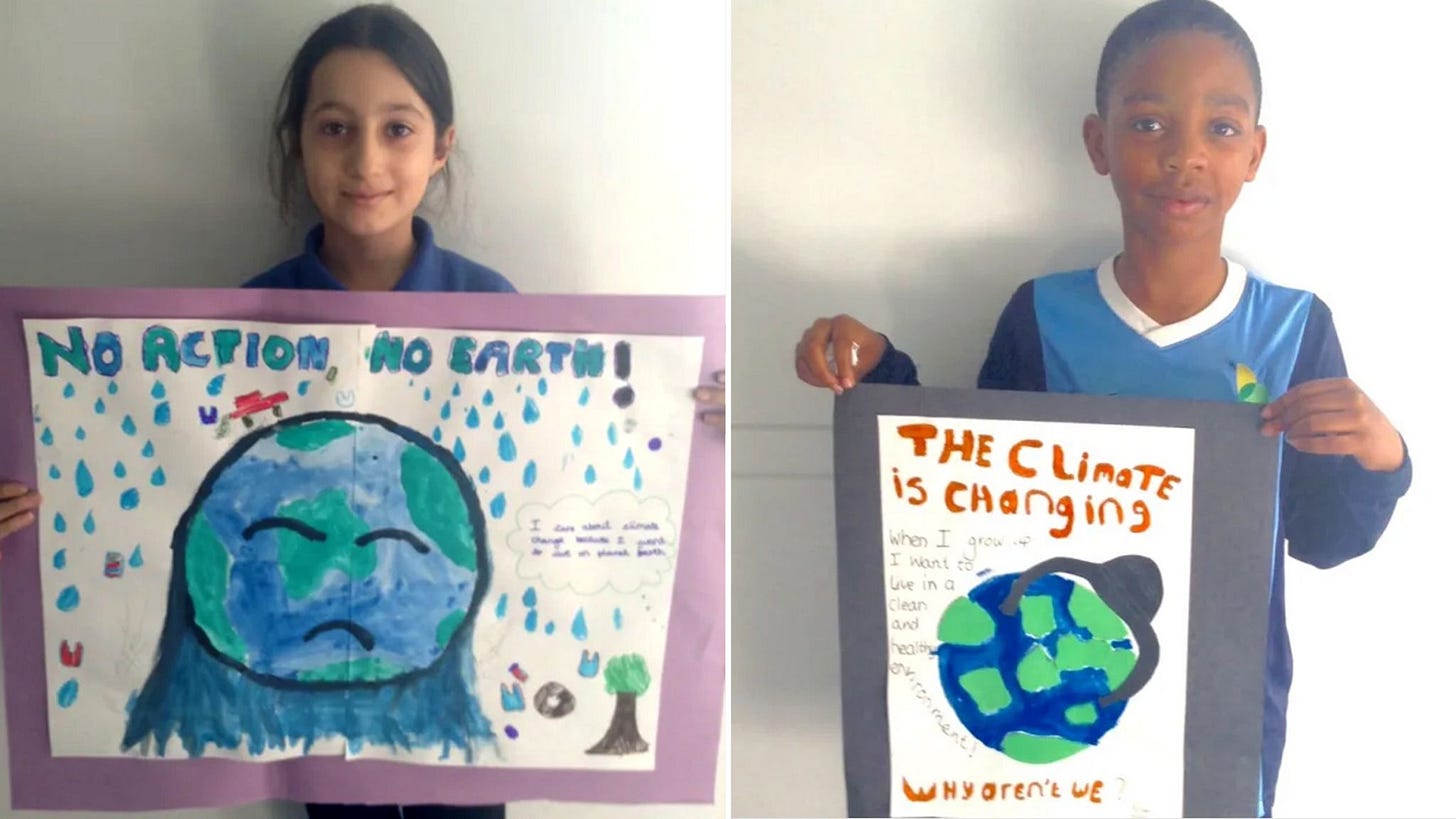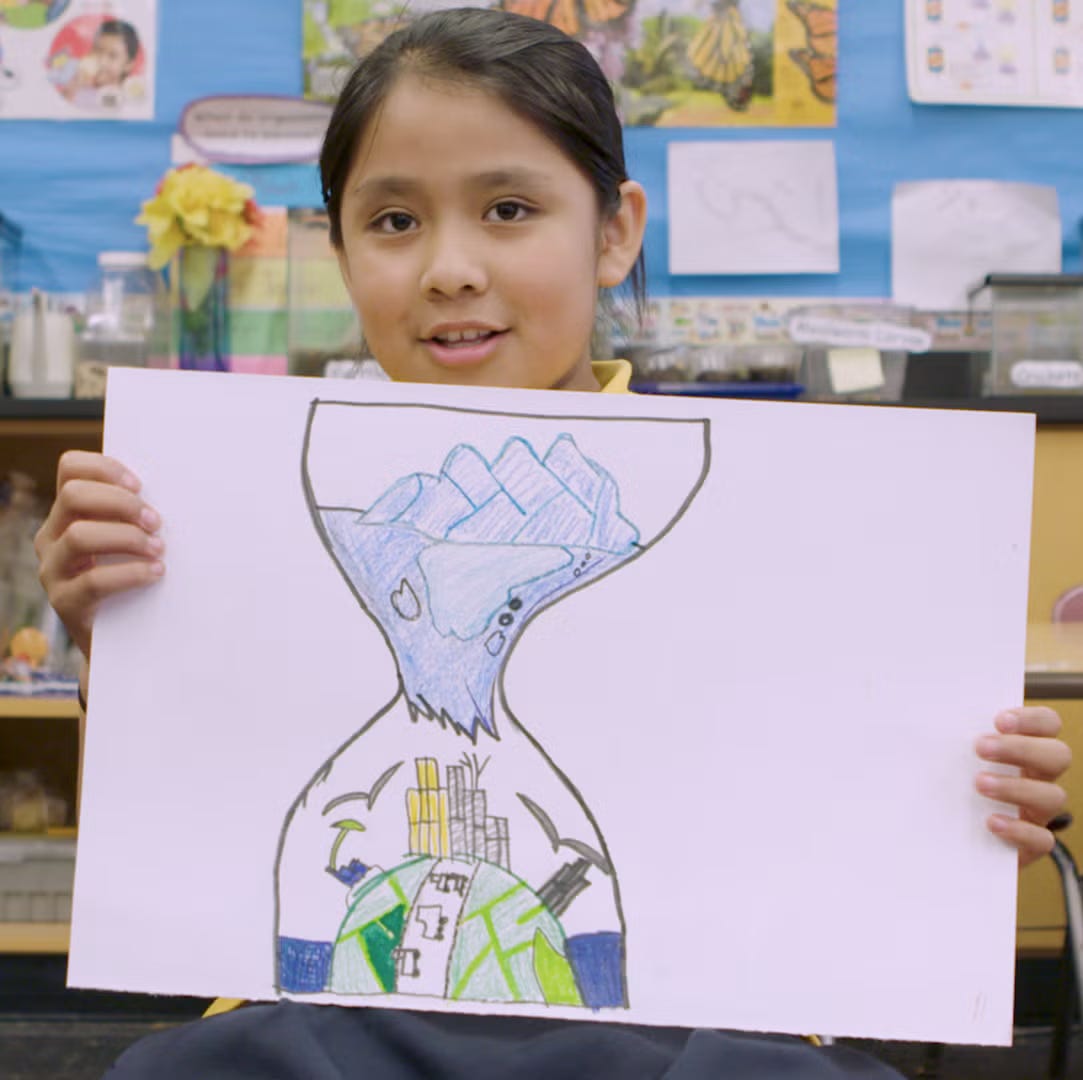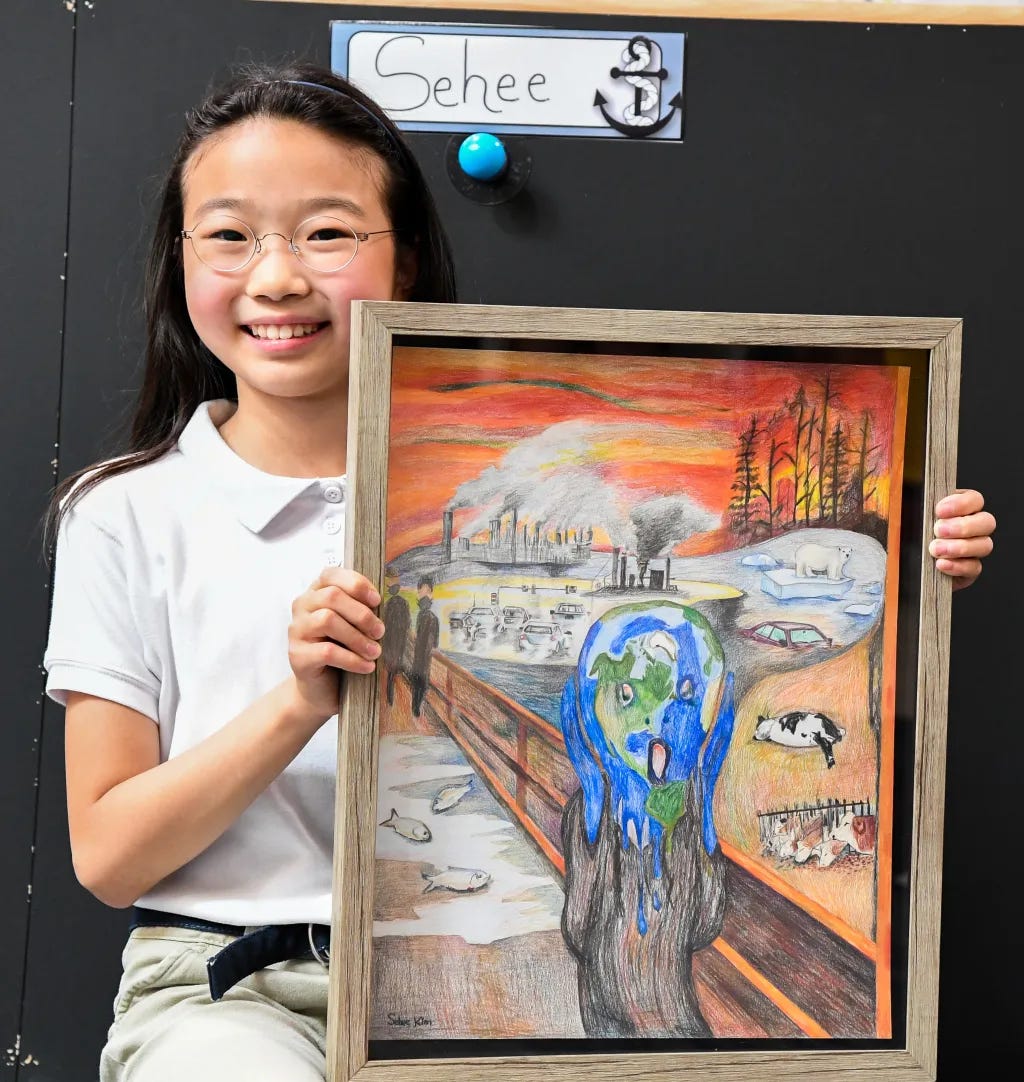Review of What is the What by Dave Eggers.
It's important to read books like this. Let's talk about why.
What is the What by Dave Eggers tells the story of Valentino Achak Deng, an immigrant from Sudan to the US. According to the novel's introduction, Achak sought out an author through a friend to help tell his story as a novel and Eggers answered the call.
That summary will carry with it a whole host of assumptions, many of which flooded my head while reading the intro; is this going to be an incredibly contrived bootstrap story following a tale of some otherized sense of individually experienced hardships delivered by a white guy's pen?
Spoiler; it wasn't. Assuming so ended up being a massive disservice to Eggers who, whatever one may feel about him, knows how to curate and tell stories.What is the What isn't a story about hardship it is a story of unbelievable horrors. Eggers doesn't revel in the details as though he were there, he crafts Achak's cruel and violent experiences with a simplicity that is haunting and critical to the way they impact the reader.
Take the horrifying scene in which an airplane bombs the group of "Lost Boys", a group of children displaced and forced to march across Sudan by the civil war;
"But the plane returned a few minutes later, and soon after, there was a whistle. Dut screamed to us that we needed to run but did not tell us where. We ran in a hundred directions and two boys chose the wrong direction. They ran for the shelter of a large tree and this is where the bomb struck."
Achak's childhood story of displacement from his home is a non-stop barrage of atrocities that should sicken the privileged American reader. Watching his family and loved ones butchered or sold into slavery, his village burn, walking for miles and miles with thousands of other Lost Boys, seeing his peers eaten by lions and collapse dead from exhaustion. The violence visited upon little kids, rendered in the simplistic but profound way Eggers chooses to expound in it is heartwrenching and stomach-churning.
We're also given Achak's life chronicled in two different refugee camps, all told from his current perspective as an immigrant to the US. His life in America is equally as important as his violence-steeped childhood. While it isn't the bulk of the novel, we're told the story of Achak's life as he undergoes some of our favorite and almost uniquely American burdens, made all the more... burdensome by the fact that he is an immigrant.
The atrocities of war and violence make an interesting juxtaposition to Achak's life in America. Here he is obviously free from many of the ravages of a civil war, a government actively trying to kill him, and can more or less experience the great abundance of things like food and running water in our nation.
However we do see Achak suffer from gun violence (his apartment is broken into by armed burglars and he's severely pistol-whipped by one), systematic indifference (the police do little to nothing when they finally respond hours later), health injustice (the emergency room makes him wait over 24 hours to see a doctor, he has no health insurance with which to pay), discrimination (he's treated poorly because of his race and his status as an immigrant from Africa), domestic violence (the woman he loves is killed by a man she was supposed to be married to), exploitation (he's underpaid and overworked at every job he's had), and more, less categorical shit is heaped on too (he can't seem to get into a university out of his dead end community college because of his age). We also hear of his many cohorts who were also moved from the refugee camp to the states succumbing to gambling addictions, dying in fist fights, falling to drink, etc.
This is not the typical tale of a striving immigrant bootstrapping his way to greatness in the greatest of all nations after fleeing his "shithole country" (Trump's words not mine). This is the very real story, both in part and on the whole, of what millions of refugees and immigrants experience every day on this planet. War or famine or state violence, usually spurred in some large or small way by the United States, followed by incredible suffering or death. Those that make it to the US are then confronted with the many contradictions of life here; vast wealth and innovation and fame and healthcare and bureaucratic efficiencies and order all on wonderful global display but entirely inaccessible to them.
So why is this important to read? Because Donald Trump is president again. Because we're about to see migrants being whipped by border patrol on horseback again. Because this country never stopped putting "kids in cages". Because we're going to see more boats sinking in the Red Sea. Because we're bankrolling Israel's genocide. Because it is important to consider the mountain of corpses we wake up on top of every morning to live our precious, normal lives.




